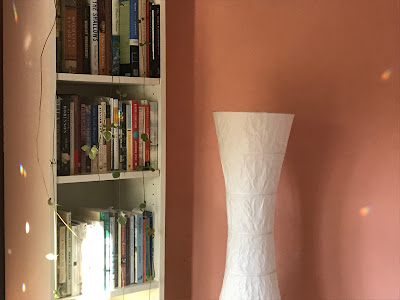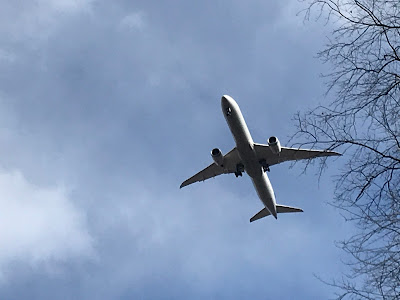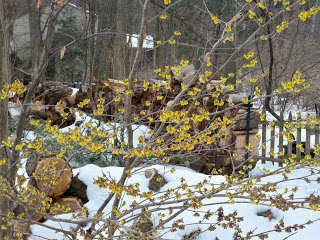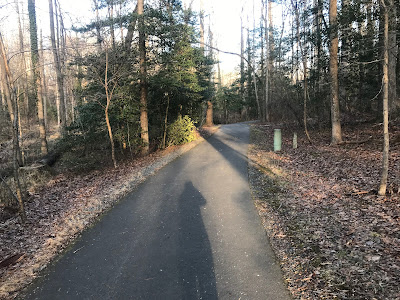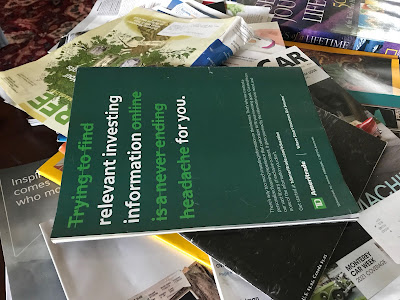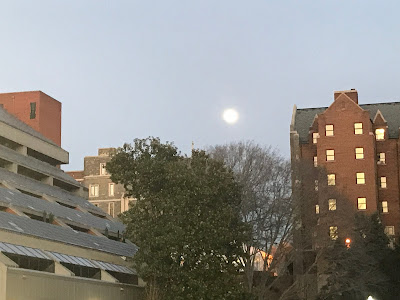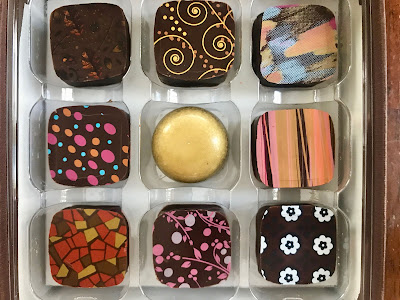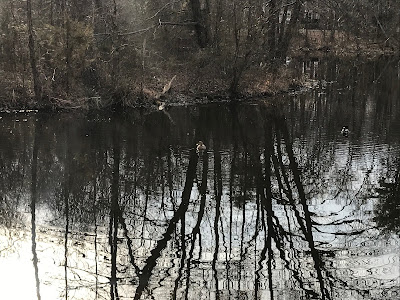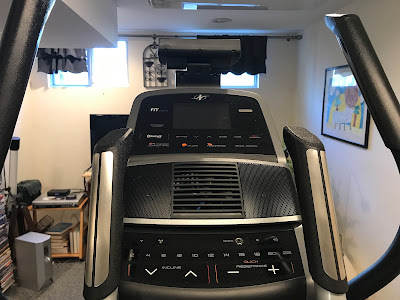2/22/22
It’s enough to make me wish I was writing a bunch of checks today, or signing a sheaf of documents — any excuse to write the date 2/22/22 as many times as possible.
A bounty of weddings and engagements are planned, Caesarean sections, too, scads more than would be scheduled for an otherwise ordinary late-winter weekday.
But it’s not an ordinary late-winter weekday. It’s 2/22/22 — and a Tuesday, to boot. It’s a day when numbers align, boding good luck for some, mild terror for others. It’s a day of symmetry and palindromic satisfaction. It’s 2/22/22. I haven’t been this excited about numbers since 10/10/10.

